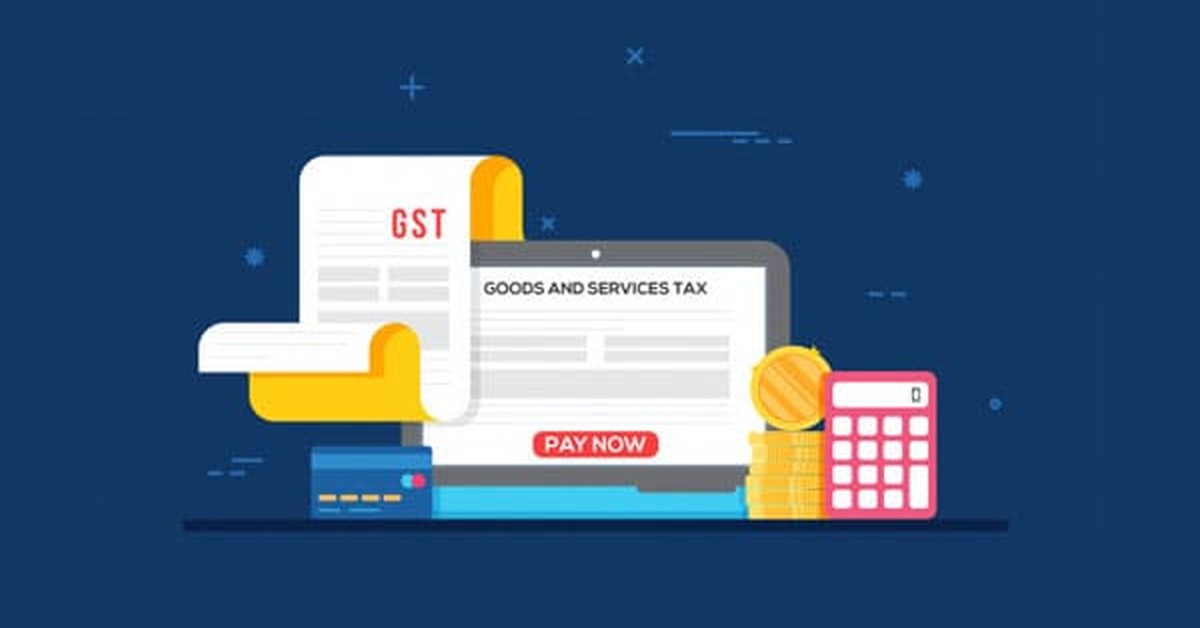Introduction
They say, 'A good doctor cures the disease, but a great doctor cures the cause'. Identifying the root cause of non-compliance and putting in place controls and checkpoints is key to the growth and sustainability of any organization. In this article we focus on certain advantages taxpayers can obtain through pre-departmental audits conducted by competent professionals.

Advantages of Audit
|
Area |
Activity |
Advantage |
|
Revenue |
|
Reduces shock demands that bring the entity to a halt.Also, reduces interest implication. Tip - Option to disclose tax position through 'initial disclosure letter' to avoid demands u/s 74. |
|
ITC |
|
Tip - Perform vendor analysis and payment terms |
|
RCM |
|
Enable compliance and ensure optimum benefit claimed. Also, restricts interest implications. |
|
E-way bill |
|
Useful when burden of proof is on the taxpayer. Avoids penalty u/s 122 or 125. |
|
Reconciliation |
|
Ability to prove no lapses in tax compliance by way of mismatch. Also, reduces interest implication. |
|
Others |
|
Documentation for posterity. When employee attrition is high, avoids confusion and data loss. Helps reduce harassment by dept. |
|
GST Portal |
|
Details in GST portal is updated and appropriate. Dept. cannot dispute procedural lapses either. |
Others
- Amendments in GST law –
- Rate notifications - Study change in rate against specific HSN. Follow Section 14 for application of rate change. Ensure tax masters are updated.
- Other notifications - New rules may be implemented or changes in process and procedures may be implemented. One must stay updated to ensure compliance is not missed due to negligence.
- Circulars - Stay updated with Dept. position on various issues. Circulars are binding on the dept. but not on taxpayers, i.e. if a Circular is not well reasoned and goes beyond the corners of the GST law, it can be said to be void ab-initio.
- Case laws - As GST is an emerging area, various acts & rules are being challenged and settled positions are arising. Similarly, Service tax, Excise & VAT related cases, having similar provisions on GST would help set the precedent and help in understanding intention of the law. Using settled principles of the past may help in disputing cases in the present. (such as levy, valuation, ITC, classification have a plethora of SC decisions)
Recent Updates
- Amnesty scheme for non-filers of GSTR 9, GSTR 4 & GSTR 10.
- E-invoicing to be completed within 7 days of invoice date. Applicable to taxpayers > Rs. 100 crw.e.f 1st May 2023. (Notification pending)
- Designs and drawings under indivisible contracts held to involve service element. Liable under RCM even when disclosed under Customs for valuation -M/sSuzlon Energy Ltd (Supreme Court of India)[2023 ACR 96 & CIVIL APPEAL NOS.11400-11401/2018]
- IGST levy upheld on intermediary services under GST. The Hon'ble High court clarifies CGST+SGST is an incorrect levy - Dharmendra M. Jani Vs Union of India (Bombay High Court)[WP 2031 of 2018 Order dated 09.06.2021]
- The burden of proving the correctness of ITC claims lies with the dealer claiming such credit - ECOM Gill Coffee Trading Private Limited (Supreme Court of India)[CIVIL APPEAL NO. 230 OF 2023 (Arising from SLP(Civil) No. 2572/2022)].
This may not be applicable in all cases, especially when Section 16 is complied with. It is only when the Department can establish such suspicion with evidence, the assessee would be required to defend their claim of credit with additional records and evidence.
- New FTP policy rolled out w.e.f1st April 2023. The aim is to shift from incentive-based to a remission and entitlement-based regime. To ensure compliance with WTO guidelines & targets greater trade facilitation through technology and automation aiming to boost the country's exports to USD 2tn by 2030.–
- Amnesty scheme for default in export obligations by AA & EPCG holders. (Circular and limits clarified)
- Existing incentive schemes continued
- MEIS replaced with RoDTEP, SEIS discontinued
- IEC mandated for all service providers (although no duties/benefits presently)
Conclusion
GST audits by dept. could lead to demand of taxes along with a hefty interest and penalty. Implementing a proactive internal audit by GST experts would help understand various non-compliances, how to deal with past issues and implement checks and balances to avoid future non-compliances. Regular training further helps avoid negligent tax errors.
The author can also be reached at akshay@hnaindia.com









 CAclubindia
CAclubindia
